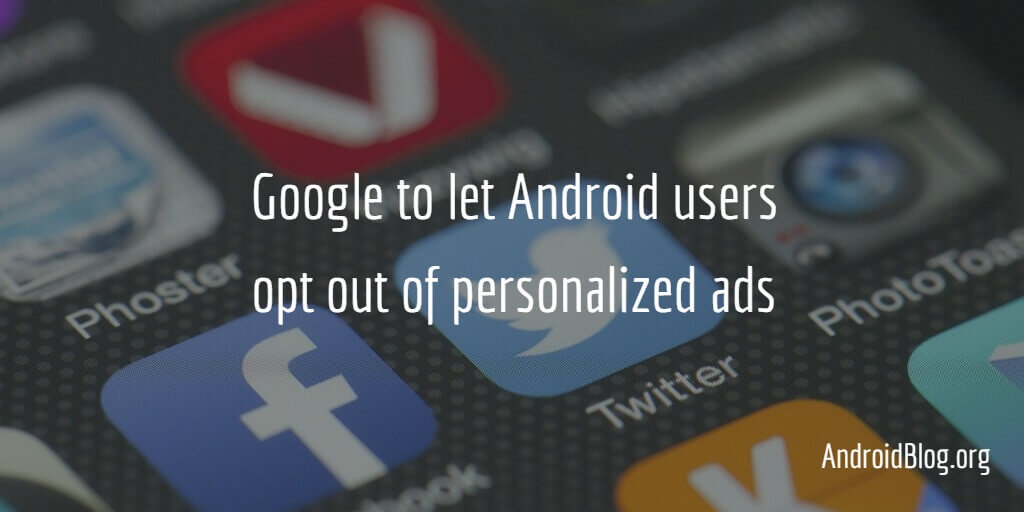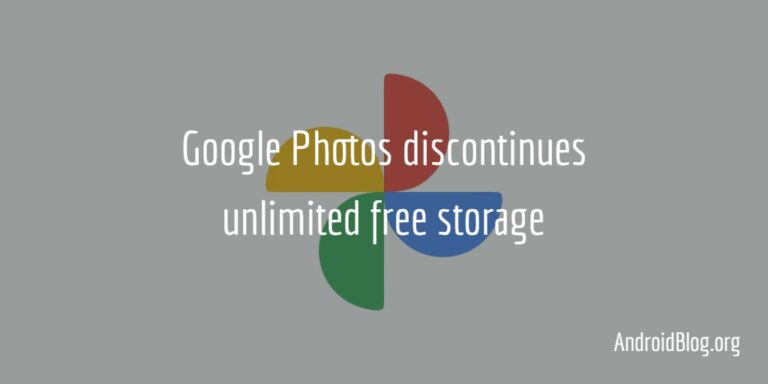How often have you searched for a pair of sneakers on Google only to be shown a bunch of ads of shoes on your Facebook feed minutes later?
Very often, right?
So how does it happen? Is it some magic? Is somebody sitting watching you?
Internet giants like Google, Facebook and others draw a healthy share of their revenue by showing us ads. And ads have evolved. They no more want to show you ads that you will not be interested in. This is because such ads will not convert into clicks and sales.
Instead, what works best for these companies is when they can show you ads of products which you probably will be interested in – this is targeted advertisement.
Table of Contents
Targeted/Personalized ads
Google’s algorithm allows it to track your search history, online behavioural patterns and a lot more.
Based on these data, they can build an online profile for you. It contains an in-depth analysis of your online activities since the time you started using Google.
So once your profile is created, Google knows your likes and dislikes to an extent. And based on this knowledge it can serve you ads of products that you might want to purchase.
This is achieved with the help of cookies dropped on your web browser. These cookies store information about websites you visit and how much time you spend on them.
These data can later be used by ad agencies to serve you personalized advertisements.
One thing to point out here is that these algorithms are not entirely available in public domain. So much of the opinion built around them is based on the studies by various experts.
Privacy issues with personalized ads
To give you some perspective on how serious it is, imagine this: An offline brick-and-mortar company keeps an eye on everything about you. Starting from where you live to the places you go, where you do your shopping to who you meet. Everything.
Sounds creepy, right?
This is exactly what happens with you and your data during your online activities.
Unfortunately, most of us click the “I Agree” button on the user agreements of online services without going through the details. This leaves us in the dark regarding how our data is collected, used and shared.
Something similar happens behind the scenes on your Android devices.
Google’s announcement
There is a device identifier called “Advertising ID” which is used by marketers to track your data as you jump from one app to the other. It is a unique, user-resettable ID for advertising, provided by Google Play services.
Google has now announced its plans to allow Android users the option to opt out of personalized ads on their devices. When a user opts out of personalized ads from Android settings, the advertising ID will be removed. If an app attempts to retrieve it, a string of zeroes will be returned instead.
According to Google,
changes will provide users with more control over their data, and help bolster security and privacy.
The new development is planned to roll out part of Google Play services update in late 2021.
Earlier this year, Google had announced a new Privacy dashboard at its I/O developer conference. Android 12’s Privacy dashboard will inform users about the data collected by apps running in the background along with when the app uses the device’s camera, mic and location.
Also, starting Q2 2022, all new app submissions to Play Store will require developers to share details about what data the apps collect, how it’s stored and how it’s used.
What does it mean to you?
This means as a user you can have more control over your Android device. This is important since you can never really be sure how your data is being used by the apps and with who it is being shared.
Yes, personalized advertisements can be helpful at times. But is it worth the compromise? You have to answer this for yourself.
If you’re a developer, Google is going to offer a more standard mechanism for monetising your apps with users who have opted out of personalized ads.
Does it mean no more ads?
Opting out of being tracked by advertisers does not mean you will not be shown ads at all. Instead, it means the ads will no more be personalized. This is good news for you if you care about your online privacy.
So don’t be surprised if next time you see a bunch of ads selling pet food when all you were looking for is a pair of sneakers!
Google vs. Apple
Earlier, Apple had announced that developers and advertisers will now onward need to take consent from users before the apps start tracking them.
So this move from Google looks more like an attempt to deny Apple the moral leverage of being the sole torchbearer of user privacy.
Point to note here: Unlike Apple’s feature, Android users will not be opted out of personalized ads by default.
Let me know in the comments what you think of Google’s new policy. Do you think it is a welcome move or feel it still leaves a lot to be desired?


